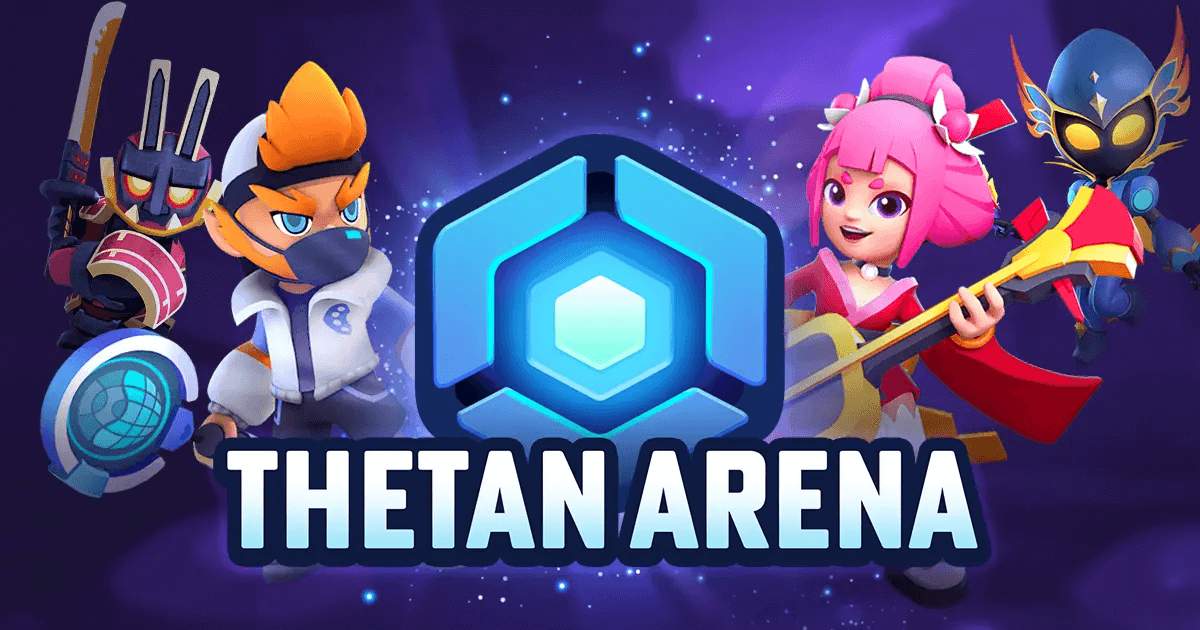Top NFT Games to Play in 2024: Best Blockchain Gaming Experiences
nft games are transforming the gaming landscape by integrating blockchain technology and creating a whole new experience for players. With NFTs (Non-Fungible Tokens), games now offer unique digital assets that can be owned, traded, and even monetized. This fusion of gaming and decentralized ownership is rapidly gaining popularity among gamers, investors, and developers alike.
What Are NFTs in Gaming?
NFTs are digital assets stored on the blockchain, ensuring they are unique and cannot be duplicated. In the context of gaming, NFTs can represent in-game items such as characters, skins, weapons, or even virtual real estate. Unlike traditional games where in-game items are controlled by the game developers, NFTs allow players to truly own these digital assets and trade them across various platforms or even sell them for real-world money.
Key Features of NFT Games
- True Ownership: In NFT games, players have full control over their in-game assets. Whether it’s a rare character, a weapon, or land, the items you collect belong to you, and you can sell or trade them at any time.
- Interoperability: Some NFT games allow assets to be used across different games. For example, a character or a skin obtained in one game might be compatible with another, giving players greater flexibility and value for their purchases.
- Play-to-Earn (P2E): A major draw of NFT games is the play-to-earn model. Players can earn rewards in the form of cryptocurrencies or NFTs just by playing the game. These rewards can be sold or traded for real money, creating a new incentive for gamers.
- Scarcity and Rarity: NFTs in games are often scarce or limited in number, increasing their value. Rare items, skins, or characters can command high prices in NFT marketplaces, making them attractive to collectors and investors.
Popular NFT Games
- Axie Infinity: One of the most well-known NFT games, Axie Infinity allows players to breed, raise, and battle creatures called Axies. These Axies are NFTs, and players can trade them on the blockchain marketplace. With a vibrant economy, players can earn substantial income by playing the game.
- Decentraland: This is a virtual world where players can buy land, build structures, and interact with other players. The land and items within Decentraland are NFTs, giving users full control over their digital creations and property.
- The Sandbox: The Sandbox is another virtual world that allows players to create, own, and monetize their gaming experiences using NFTs. Players can purchase land, develop it, and trade assets to earn money.
- Gods Unchained: This trading card game utilizes NFTs to represent the cards players collect. Each card is unique and tradable, giving players the ability to build valuable decks and sell cards in the open market.
How NFT Games are Impacting the Future of Gaming
The integration of blockchain and NFTs in gaming is opening up new possibilities for the gaming industry:
- Monetization Opportunities: Players can now earn from their gameplay, creating a direct link between time spent in the game and real-world income.
- New Revenue Models for Developers: Game developers can benefit from secondary sales of NFTs, receiving a percentage of sales every time an asset is traded.
- Community-Driven Development: By giving players ownership over game assets, developers can foster stronger communities where players are more invested in the success of the game.
Challenges of NFT Games
Despite the exciting prospects, NFT games do face some challenges:
- Environmental Impact: Some NFT platforms rely on blockchains that use significant amounts of energy, raising concerns about their environmental impact.
- Market Volatility: The value of NFTs can be highly volatile, and while some players can make substantial profits, others may face losses.
- Regulation: The legal landscape surrounding NFTs and cryptocurrencies is still evolving, and future regulations could impact the development of NFT games.
Conclusion
NFT games are revolutionizing the way we think about digital ownership and gaming. By combining blockchain technology with immersive gaming experiences, players now have new ways to earn and invest in virtual worlds. As the industry continues to grow, NFT games will likely play a significant role in shaping the future of gaming, offering players unprecedented opportunities to profit from their gameplay while exploring innovative, decentralized gaming ecosystems.
